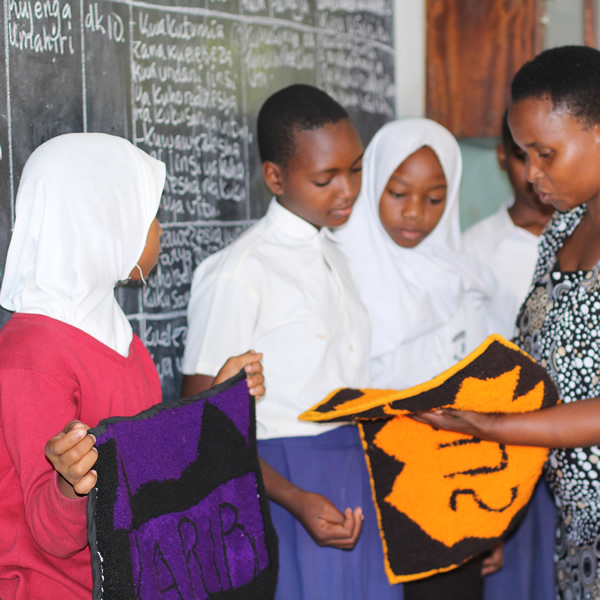More than 700 million women today were married as children, and more than 1 in 3 – or some 250 million – were married before 15. An estimated 63 million girls are not enrolled in primary and secondary schools. However, if girls have the skills necessary for livelihoods, they can be a major source of supplementing the family income.
Distance learning is a flexible means of providing education and training to girls at their own pace, place and convenience, which is a preferred arrangement within many traditional communities. GIRLS Inspire mobilises the power of open and distance learning (ODL) in Bangladesh, India, Pakistan, Mozambique and Tanzania to benefit the women and girls who are prevented from attending schools by barriers such as early marriage, cultural norms and distance from schools. Our catalysing strategy is to use education within the whole community, with its traditions and practices, to support girls’ learning through secondary schooling and skills training.
The strategies used to break the cycle of child, early and forced marriage (CEFM) and to reach the hardest-to-reach girls and women are built on three pillars: the community, the learning institutions and the girls.
- Conscious of the fact that child, early and forced marriage is a deep-rooted problem, it is imperative to mobilise communities at large and to demonstrate the benefits of education for girls. Within the context of sustainable development, it is critical to raise awareness among the communities that child marriage has wide ranging negative consequences for development.
- To demonstrate to the communities, to the parents and to the girls that safe learning environments are available, it is critical to enhance and strengthen the capacity of learning institutions in order to effectively offer open schooling and skills training.
- And at the center of this practice are the girls. They are caught up in the practice of child, early and forced marriage and other barriers to economic participation. It is critical to reach these girls and women with opportunities to learn about their social rights and locally-relevant skills so they can gain the confidence to engage in employment and in other economic activities, and to have a voice.
The partnership of GIRLS Inspire will provide learning across these three pillars to raise awareness and mobilise communities, to develop and provide life skills and locally relevant technical skills courses validated by the labour market, and to arrange employment awareness and internships programmes for girls and women.
Bangladesh
Bringing learning to the doorsteps of girls and women in flood-prone areas and to adolescents for economic empowerment.
Photo credit: Abir Abdullah Shidhulai Swanirvar Sangstha
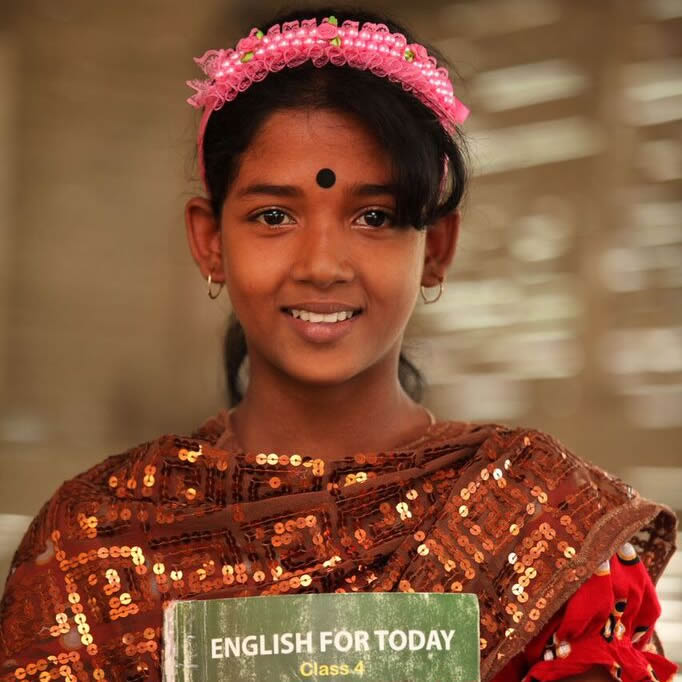
Pakistan
Raising awareness in Muzaffargarh and Bahawalpur communities and delivering skills training to street children and disadvantaged women and girls.
Photo credit: Mr. Khalid Mehmood, CSC Peshawar
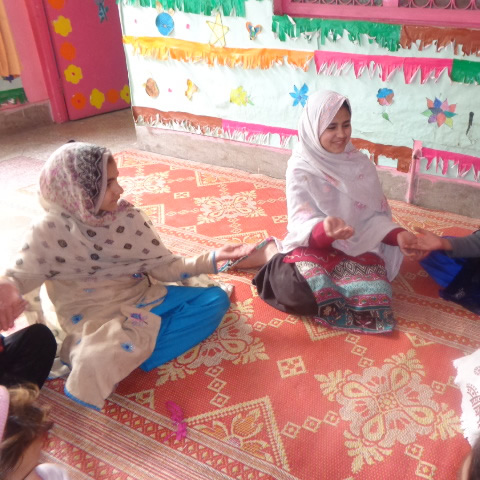
India
Using mobile training centres and community radio programmes to raise awareness and provide skills training to children of migrant labourers and to girls and women who have had to drop out of school.
Photo credit: Mann Deshi Foundation
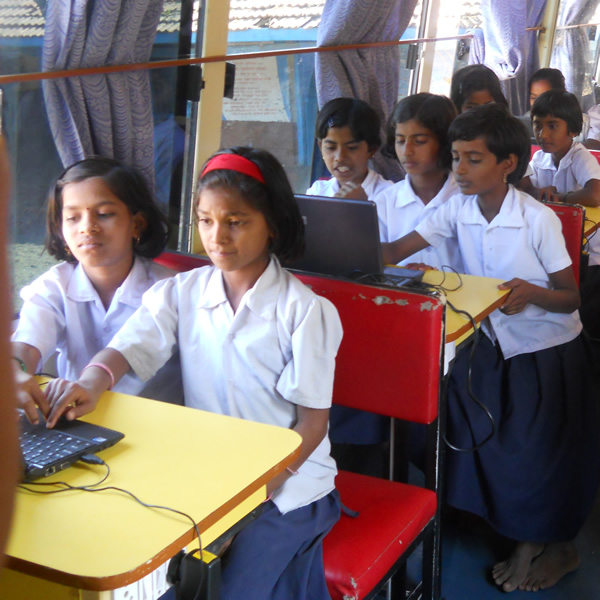
Mozambique
Raising awareness in the communities with high prevalence of child, early and forced marriage and providing schooling to girls and women in order to break the cycle.
Photo credit: Associacao Progresso
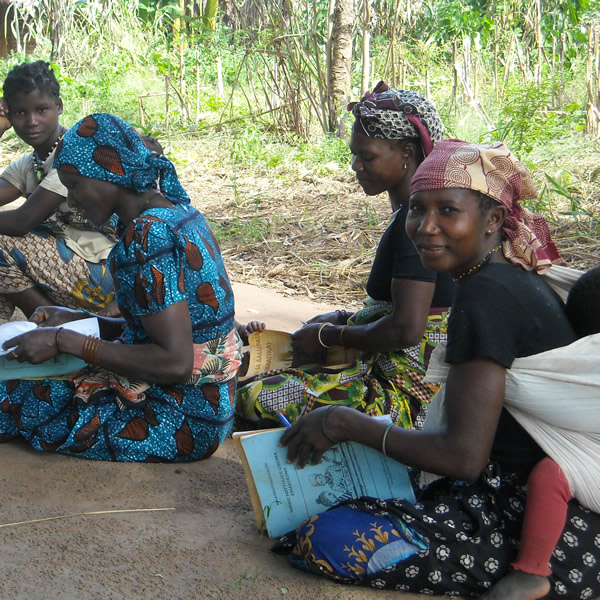
Tanzania
Delivering schooling and skills training to women and girls in the regions of Pwani, Lindi, Rukwa and Dodoma to prevent child, early and forced marriage.
Photo credit: Institute of Adult Education
